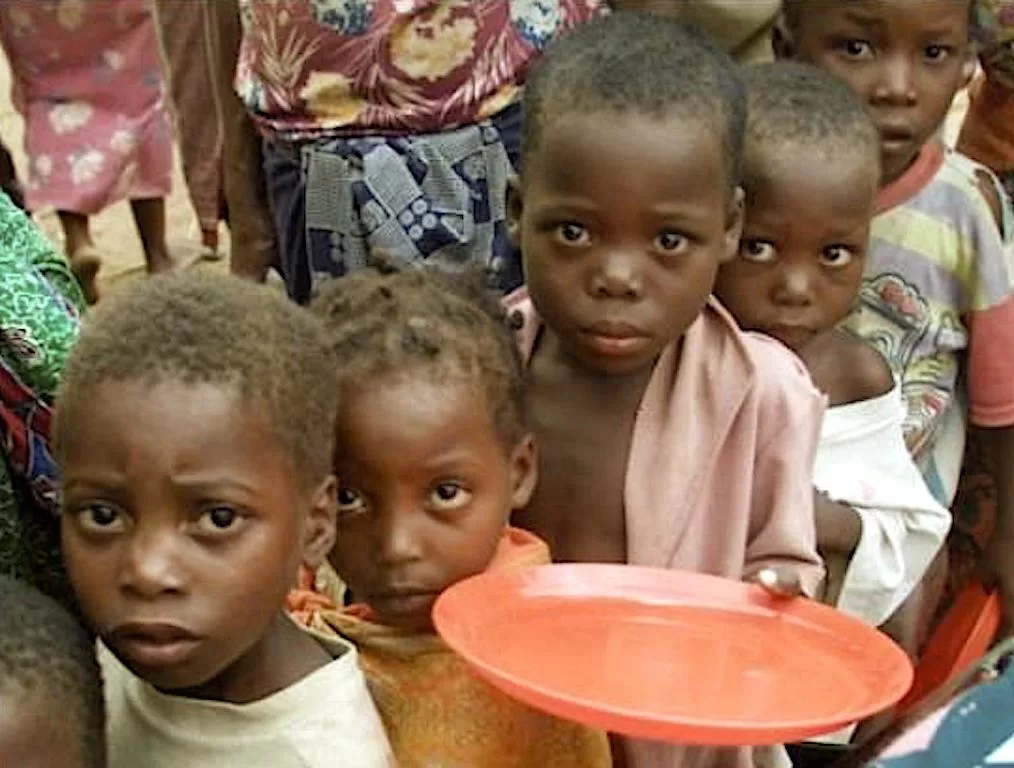In a stark revelation, a recent report by Cadre Harmonise has forewarned that Nigeria is on the brink of a devastating food crisis, with an estimated 31.5 million citizens facing acute insecurity in their access to food by August 2024.
The removal of the fuel subsidy has served as a catalyst, exacerbating economic challenges and triggering inflation in both agricultural inputs and transportation costs across the nation.
The report underscores the grim reality that a staggering 14,000 internally displaced persons (IDPs) and a staggering 24.7 million individuals spread across 26 states and the Federal Capital Territory (FCT) are on the precipice of hunger from March to May 2024. Shockingly, the number of vulnerable individuals within IDP camps alone surpasses 83,000, highlighting the dire magnitude of the impending crisis.
Of grave concern is the projection that 1.5 million people in Yobe State are poised to face crisis-level conditions during the mid-year period.
Already, several local government areas in Adamawa, Borno, Katsina, Yobe, and Zamfara States are grappling with acute food consumption stress, indicative of the severity of the situation.
Furthermore, inaccessible areas exacerbate the plight of populations in conflict-ridden regions and IDP settlements, with Adamawa, Borno, Sokoto, and Zamfara States witnessing a marked deterioration in food consumption. Looking ahead to June through August 2024, the report paints a bleak picture, with more households expected to be ensnared in a crisis-level food consumption scenario.
Identified as primary drivers of this unfolding catastrophe are conflict and insecurity, compounded by fuel scarcity, currency devaluation, and soaring inflation rates.
The dire macroeconomic conditions impede access to crucial agricultural inputs, while escalating transport costs and a volatile exchange rate exacerbate the financial strain on households.
Moreover, the situation is further compounded by a sharp uptick in food inflation, which skyrocketed to a staggering 35.4% in January and shows no signs of abating. Insecurity exacerbates the food aspect of the Consumer Price Index (CPI), exacerbating the economic woes faced by ordinary Nigerians.
In response to the looming security threat, the federal government is considering the establishment of state police forces, particularly in the fragile northeast region. However, sustainable solutions must address both the immediate food crisis and the underlying economic and security challenges to safeguard the well-being of Nigeria’s populace.





